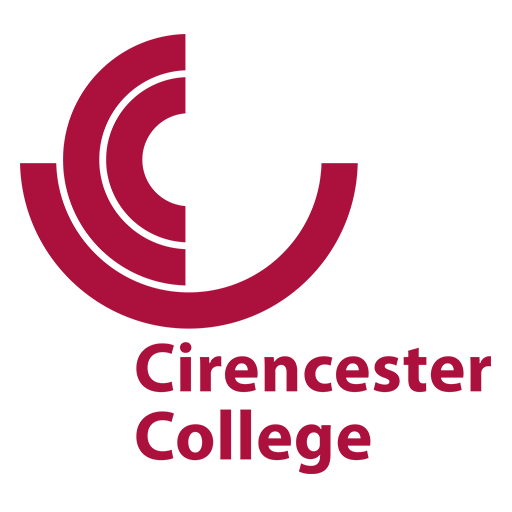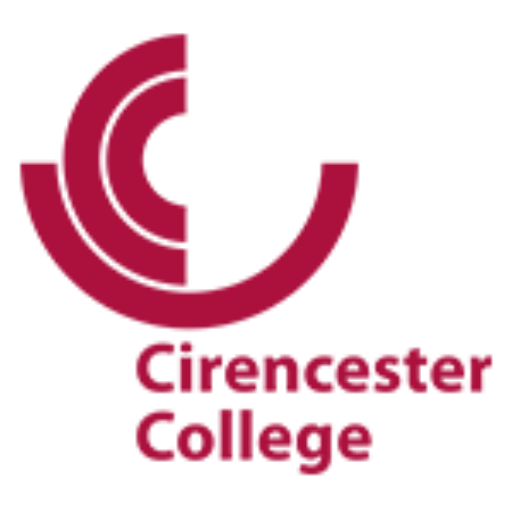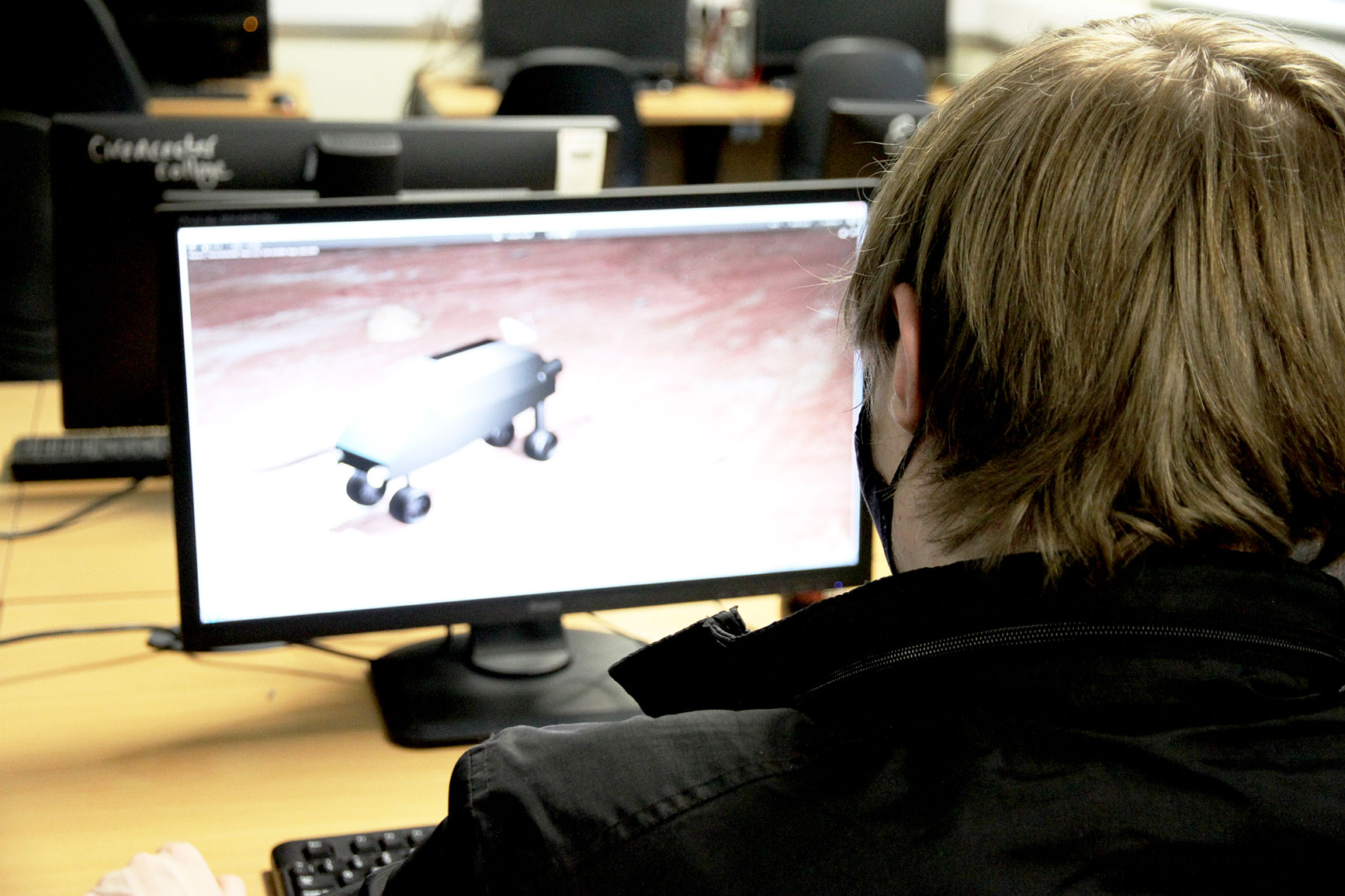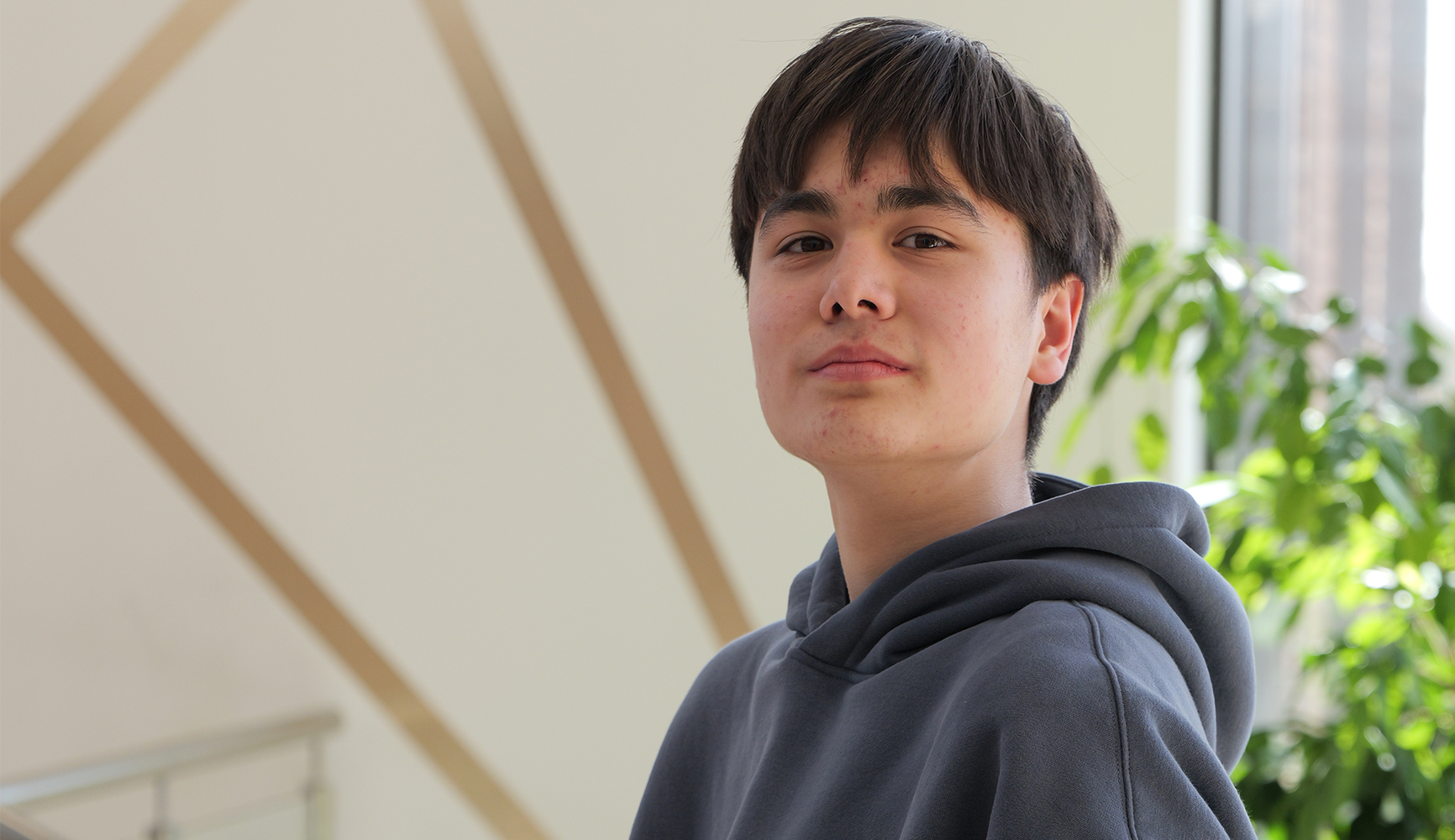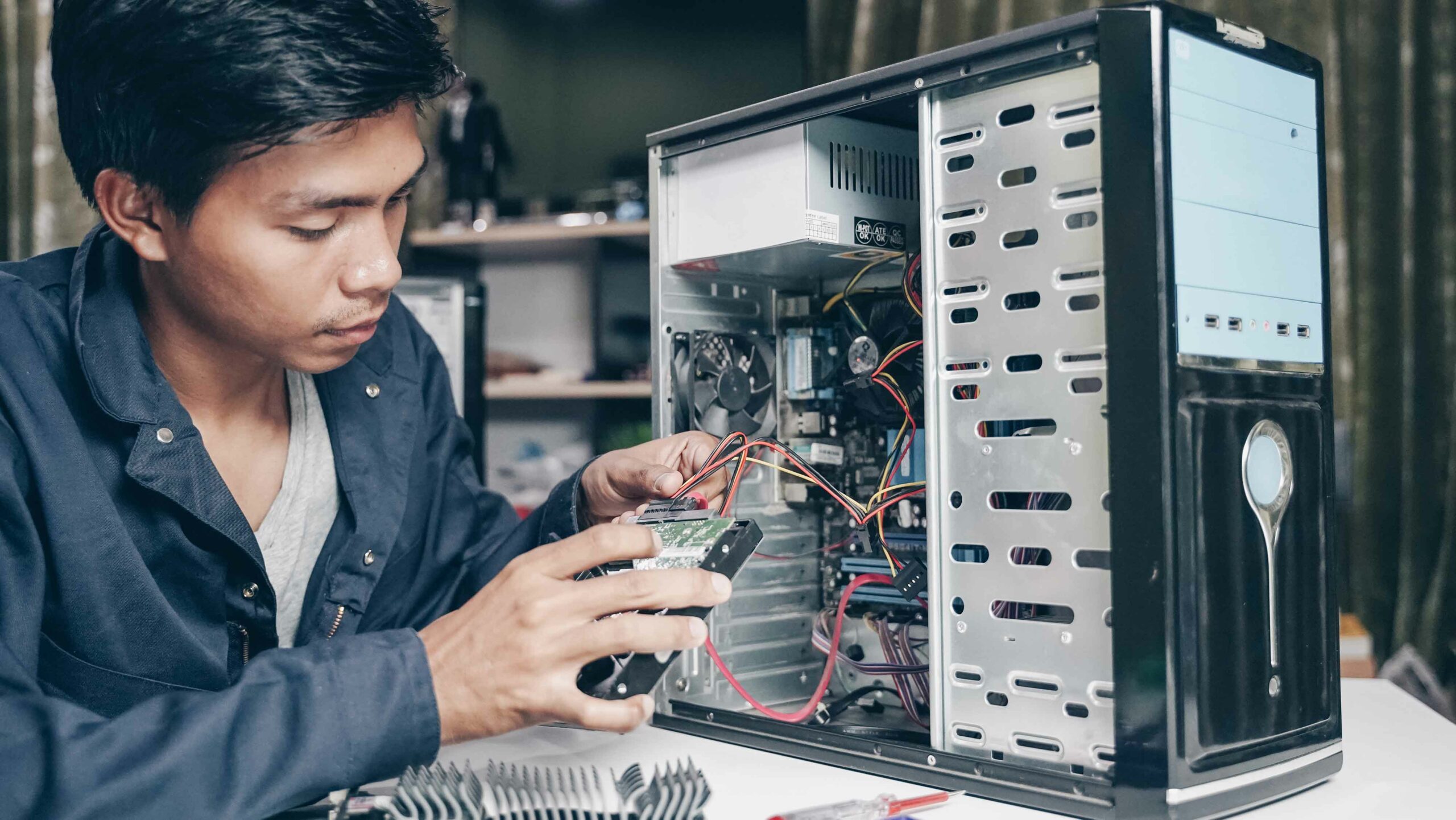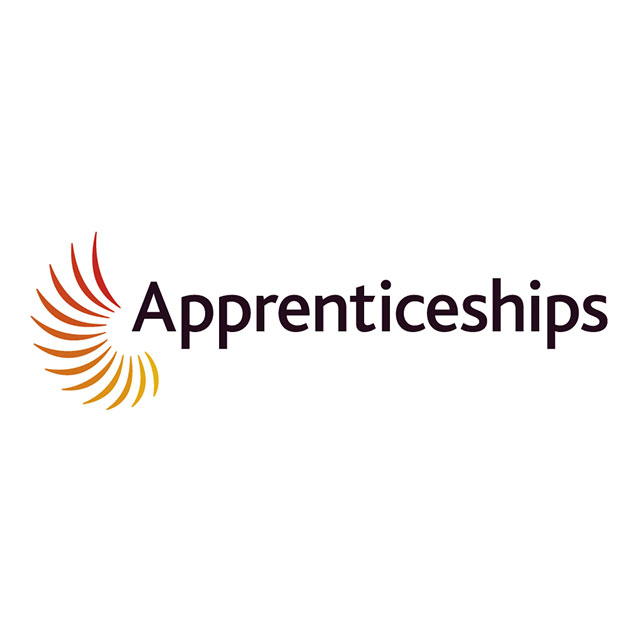DO NOT DELETE OR EDIT THIS ROW OR ITS CONTENTS

Computer Scientists are changing the world all of the time. They dream up creative, practical solutions and work with other smart, inspiring people to invent, design, and create things that matter. Through theoretical analysis and hands- on practical work, you will learn the core principles of computing and programming and how to apply them.
What will I study in Computer Science A-level?
'A' Level Computer Science develops both practical programming skills and a strong understanding of how computers work. You’ll learn how to write code, think logically, analyse problems, and design complete software systems.
Programming and Algorithms (Paper 1)
You’ll become confident in writing and debugging code using C#, a powerful modern programming language used in industry. You’ll learn to break problems into manageable steps, design algorithms, and build programs using data structures like arrays, lists, and trees. You’ll also explore how computers "think" — through computational logic and theory of computation.
Computer Systems and Theory (Paper 2)
This part of the course focuses on understanding how computers actually work. You’ll explore topics like:
- How data is stored and processed
- How computer systems are built and connected
- How databases power the digital world
- Ethical, legal, and environmental impacts of computing
You’ll also be introduced to functional programming using Haskell, giving you experience with a completely different way of thinking about code.
The Programming Project (NEA)
You’ll design and build your own software project, solving a real-world problem of your choice. This is your chance to be creative and apply everything you’ve learned — from planning and designing a solution, to writing the code, testing it, and evaluating the final product. It’s a major part of the course that helps prepare you for university or industry.
Entry Requirements
5+ GCSEs at Grade 4 or above from the core subjects, including English Language and Grade 6 Maths.
If taken, a Grade 4 is required in GCSE Computer Science if not an average GCSE Grade of 6.5 is required.
How will I learn?
You’ll learn Computer Science through a mix of practical coding, structured theory lessons, problem-solving activities, and independent project work. Lessons combine teacher-led instruction, group work, and individual challenges, designed to help you become a confident and independent developer.
At the start of the course, you’ll focus on learning how to program in C#, working on hands-on tasks that increase in complexity over time. You’ll work individually and in pairs to write code, debug errors, and design software to solve real problems. These early experiences help you build core skills in logic, precision, and resilience.
Theory lessons involve a mix of explanation, discussion, and applied tasks. You’ll learn how data is represented, how computer hardware and software work together, and how computers connect and communicate. You’ll regularly complete exam-style questions to apply what you’ve learned and prepare for assessment.
You’ll also complete independent research tasks, take part in whole-class discussions on the impact of computing on society, and explore new technologies as they emerge. Homework includes coding tasks, reading, and short written exercises, reinforcing what you’ve covered in class.
In the second year, you’ll apply everything you’ve learned in a substantial individual software development project, choosing a real problem to solve and following the full development lifecycle — from analysis and design to testing and evaluation. This project gives you a taste of what it’s like to work as a professional developer and is excellent preparation for university or apprenticeships.
Throughout the course, you’ll develop:
- Programming skills using C#
- Problem-solving and algorithmic thinking
- Analytical and logical reasoning
- Independent learning and project management
- Confidence in using computing to solve real-world problems
How will I be assessed?
During the second year you will complete a coursework project worth 20% of your A Level.
At the end of the second year, you will sit two exams both lasting 2.5 hours.
- Paper One is an on-screen exam and includes programming theory and practical programming.
- Paper Two is a written exam and including questions on computing theory.
Both exam papers are worth 40% each of your A Level
Are there any costs involved?
Students can buy Workbooks which follow the course. These amount to only a few pounds in total.
Device Requirements
Windows Laptop (16GB RAM | Ryzen 5 or Intel i5 12th Gen or above)
If you already own a device that meets the technical requirements of your course, you are welcome to bring it with you to college.
If not, more information on a convenient rental and help-to-buy scheme designed specifically for Cirencester College students is linked below.
FAQs
If you have GCSE Computing, the A-level builds on the work you have done in GCSE. However, if you have not taken the GCSE Computing course then we will teach you everything you need to know.
If you have GCSE Computing then you will need to have achieved at least a grade 4.
You will be learning how computers work at a low level rather than how to install hardware. However you will be doing lots of practical programming.
Most of the programming you do will be in C#. In the first year, you will learn the basic constructs and then towards the end of the first year extend that to include object oriented programming techniques. You will also learn to programme in Assembly Language, SQL and Haskell (a functional language)
All our A Level Computer Science teaching rooms have computers that run all the necessary software. We also have a number of study areas around College with computers for you to use when you are not in lessons.
If you do decide you want get a PC/Laptop to do work on at home, particularly for the project in the 2nd year, we recommend not getting a ChromeBook as these don't run all the software that you need for A-level Computer Science.
Awarding Body
AQA
Available As
[56 UCAS pts. available]

Add to Application
What can I do after I have taken this course?
Available As
[56 UCAS pts. available]

Add to Application

DO NOT DELETE OR EDIT THIS ROW OR ITS CONTENTS
What the students say

”I have a passion for computer science, everything from coding to networking, creating applications, databases and networks from scratch fascinates me. The subject can be testing at times, but I know these 2 years are the stepping stone I need to get in to University and get me closer to the career I want. I am really excited about the personal programming module in year 2 where I will be hands on and showing off the skills I have learned whilst having fun with the subject. Overall, the course is great, it’s a shame that there aren’t more girls to go through it with as there is a lot of opportunity in the IT world right now.
Chloe Duggan
